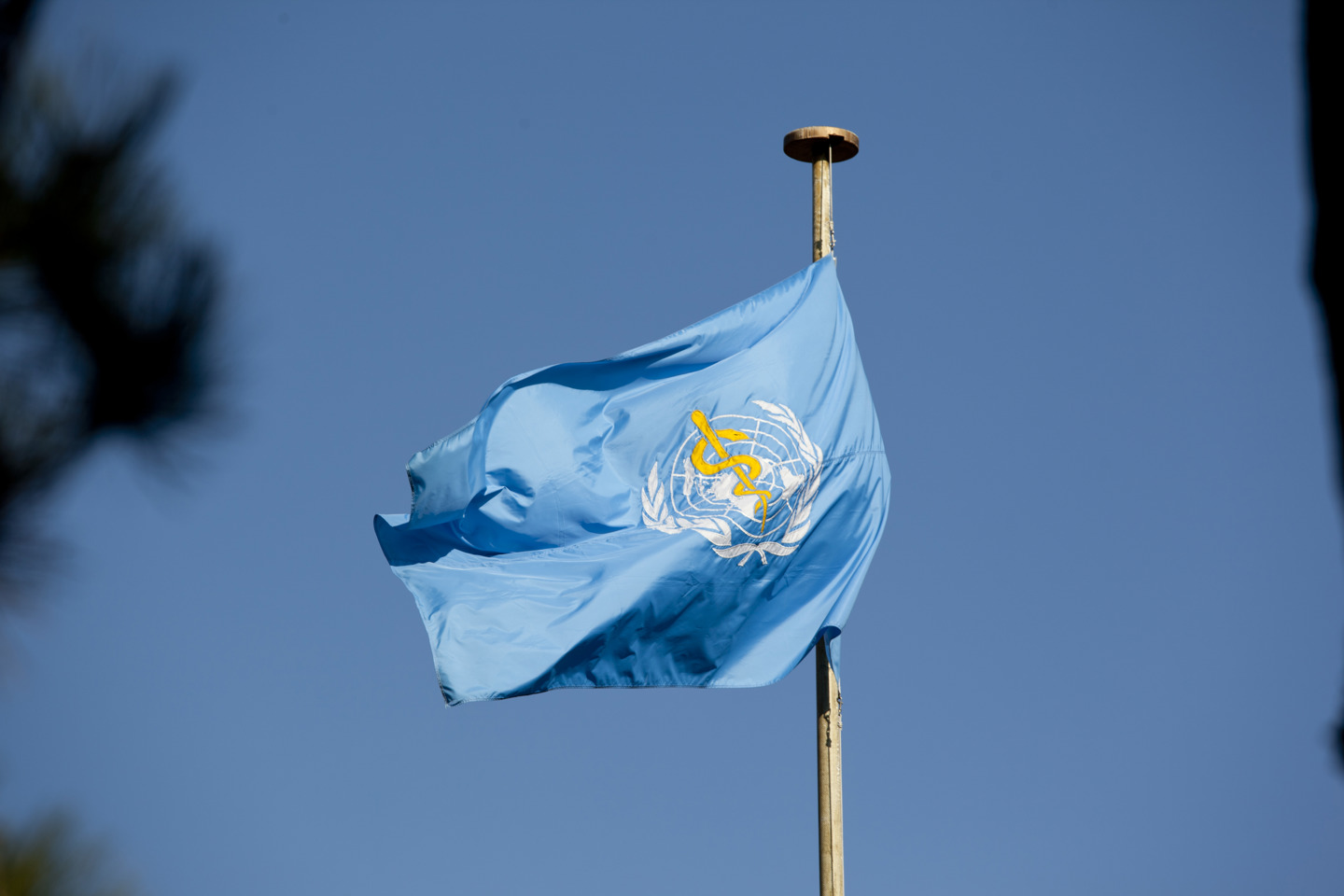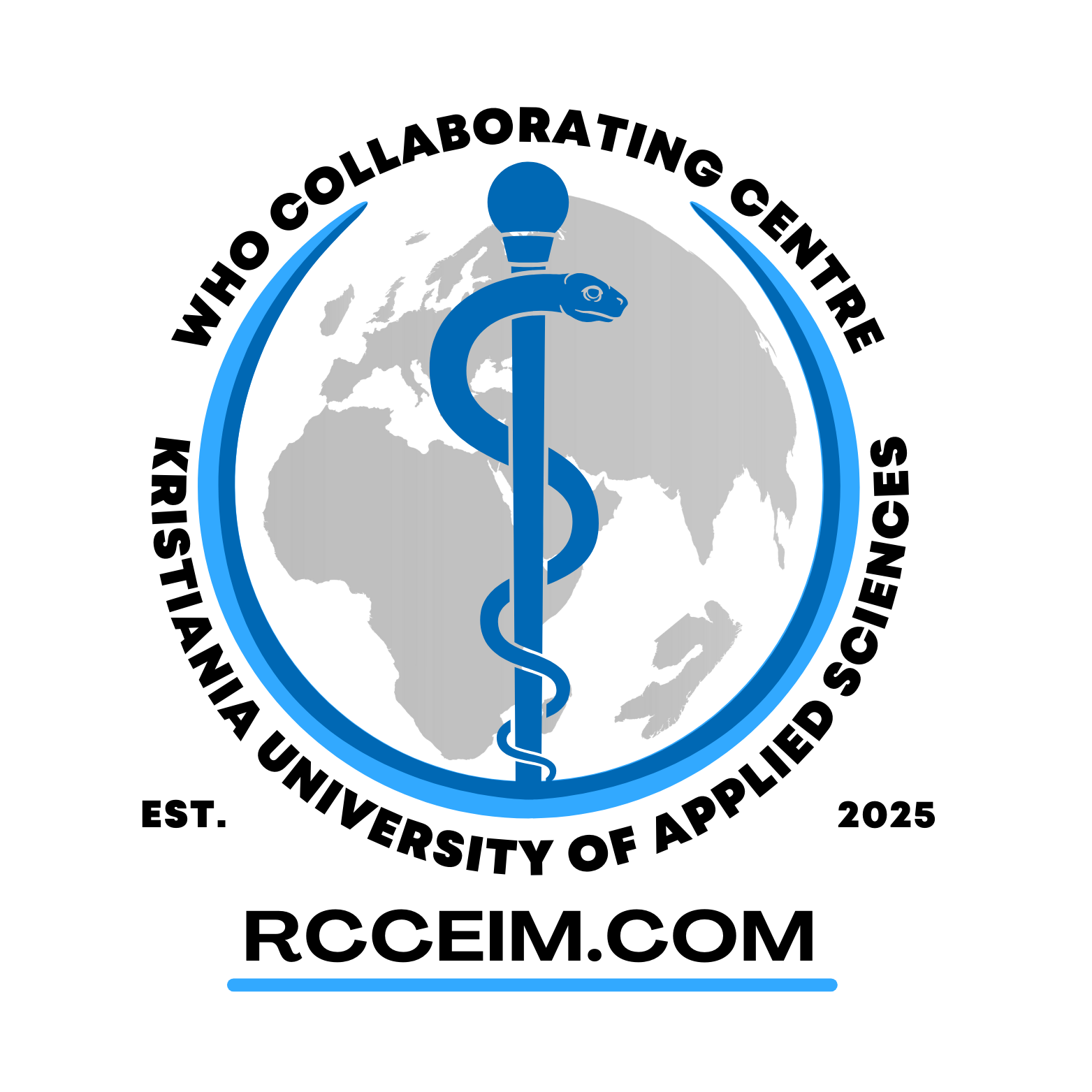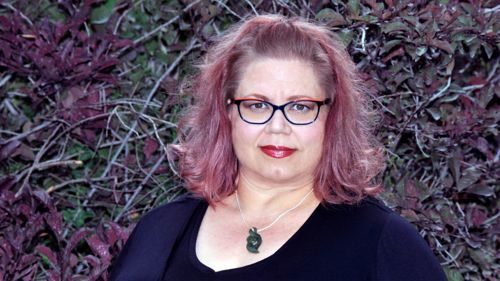WHO Collaborating Center

I samarbeid med WHO jobber vi for å styrke global helseberedskap og krisehåndtering gjennom forskning, kapasitetsbygging og praktisk anvendelse av kunnskap.

Vår misjon
Vi kombinerer forskning og praksis for å skape reell innvirkning på folkehelsen. Gjennom vårt arbeid utvikler vi effektive strategier for å:
- Håndtere feilinformasjon i helsekriser
- Bygge tillit mellom befolkning og helsemyndigheter
- Sikre at viktig helseinformasjon når fram på en forståelig og troverdig måte
Tale av rektor Trine J. Meza i forbindelse med åpningen av senteret
And a special welcome to those of you joining us online from all over Europe — we’re very pleased to have you with us and hope you’ll find today’s discussions engaging and insightful.
What an exciting day for Kristiania University of Applied Sciences!
It’s truly a pleasure to welcome you all to this special occasion as we officially launch the WHO Collaborating Centre for Risk Communication, Community Engagement, and Infodemic Management. This marks a big step forward—not just for our university, but for Norwegian, as well as global, public health and emergency preparedness.
First, a huge thank you to the World Health Organization for trusting us with this important role. We are truly honored to be part of a network dedicated to strengthening health security around the world. Your collaboration means everything to us.
A special thank you to Professor Audra Diers-Lawson. Audra, your expertise, dedication, and passion for risk communication and community engagement have been key in making this happen. Your work has already had a profound impact, and we thank you for positioning Kristiania as a leader in this vital field. We’re lucky to have you leading this initiative, and I know this centre is in excellent hands.
Today, we celebrate not only the launch of this centre but also the values that underpin it—trust, engagement, and evidence-based action.
In 2015, the World Health Organization's (WHO) introduced a strategic shift which aimed to bridge the gap between medical workers and communication professionals. This change was driven by the recognition that poor communication and the complexity of conveying vital health messages often led to disinformation and compromised interventions.
This strategic shift was prompted by the end of the Millennium Development Goals (MDGs) era and the adoption of the Sustainable Development Goals (SDGs), which highlighted the need for more integrated and effective communication strategies to achieve global health objectives.
The importance of this strategy became even more evident during the COVID-19 pandemic. In response to the crisis, the WHO established an advisory group to provide feedback to medical practitioners on community involvement and communication. This initiative proved to be highly successful, leading to the formation of WHO collaborating groups that continue to enhance the effectiveness of health interventions through improved communication.
Today, we will explore the lessons learned from these efforts, the ongoing challenges, and the future of integrating communication strategies in global health initiatives.
This centre will work to ensure that health authorities, governments, and communities are better equipped to respond swiftly and effectively in times of crisis.
For Kristiania, this is also a significant milestone in our journey. It strengthens our reputation, expands our potential for international collaborations, and reinforces our commitment to research that makes a difference in the real world.
And let’s not forget our students and faculty! This centre will open great opportunities—new research projects, hands-on training, and the chance to work with leading experts in the field. It’s an exciting time to be part of Kristiania.
So, to everyone here today—researchers, students, our guests from the WHO all of you—I invite you to be part of Kristianias journey. Let’s make this centre a hub of knowledge, innovation, and real-world impact. Together, we can shape the future of public health communication.
Once again, thank you to WHO, thank you Audra, and thank you to all of you for being here to celebrate this moment. I look forward to seeing what we can achieve together.
Thank you!

Audra Diers-Lawson
Våre hovedaktiviteter
Forskning og utvikling
Vi gjennomfører høykvalitets forskning for å designe og implementere effektive RCCE-IM løsninger. Dette inkluderer utvikling av praktiske verktøy og interaktive databaser for krisehåndtering.
Kapasitetsbygging
Vi tilbyr opplæringsprogrammer og samarbeider tett med beslutningstakere for å styrke kompetansen innen RCCE-IM i helsesektoren.
Globalt nettverk
Som del av WHOs nettverk av over 800 samarbeidssentre i mer enn 80 land, bidrar vi til kunnskapsdeling og beste praksis internasjonalt.